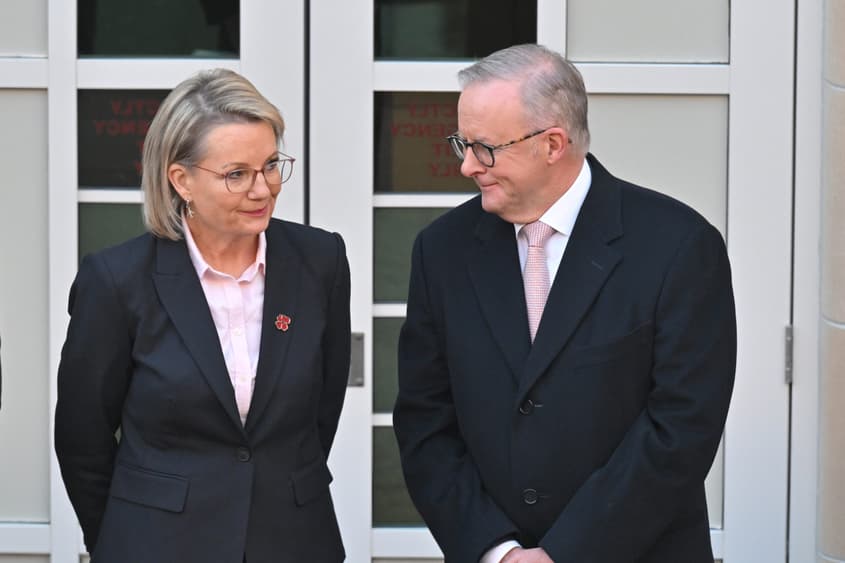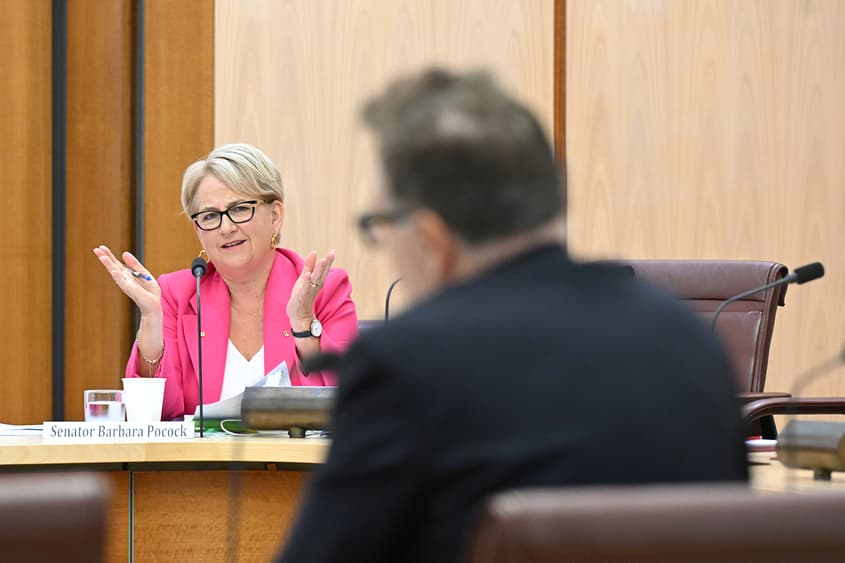Australian elections are less competitive due to the huge financial perks enjoyed by incumbents, according to new research.
Fri 12 Sep 2025 15.00

Photo: AAP Image/Mick Tsikas
Australian elections are less competitive due to the huge financial perks enjoyed by incumbents, according to new research.
The research reveals that federal MPs and Senators are entitled to more than $3 million in pay, resources and perks over a three-year election cycle, which helps them get re-elected.
At the May 3 federal election, just 16 MPs seeking re-election were defeated.
The new analysis of the financial advantages enjoyed by incumbents follows changes to the political donation laws in February, which have been variously branded by critics as rushed, unfair, unscrutinised and a stitch-up of independent and minor party candidates.
Bill Browne, Director of The Australia Institute’s Democracy and Accountability Program, says when you put it all together, Australian elections will be less competitive than ever.
“While elected representatives should be adequately resourced to do their jobs, it’s important to ensure a fair fight between incumbents and challengers come election time,” Mr Browne said.
“Sitting parliamentarians rarely lose elections. This is at least in part because of the enormous financial advantages of incumbency, including offices, staff, travel and communications budgets.”
The research reveals that each election cycle, parliamentarians can receive at least $400,000 for office expenses, including for communications and constituent outreach, $351,000 for travel and transport, and at least $2.4 million for staff salaries and allowances, including their own annual wage starting at $234,000.
During the current election cycle, government MPs and Senators will be eligible for collective entitlements worth at least $430 million, and opposition MPs and Senators $241 million.
Meanwhile, collective entitlement eligibility for minor party and independent MPs and Senators will amount to $111 million.
“Competition is always healthy for democracy, and we cannot afford to make it even more difficult for new entrants to challenge incumbents,” Mr Browne said.
In February, during one of just two parliamentary sitting periods before the election, the government, with the support of the opposition, rushed through the Electoral Reform Bill.
Experts concluded that the changes would deliver a huge advantage for major party incumbent MPs from the next election, due by May 2028.
Rather than forcing MPs, specifically ministers, to disclose “cash-for-access” payments over $1000, the deal changed the threshold to $5000.
“Expect to see a lot of $4,999 fundraisers in the future,” Mr Browne wrote at the time.
He said donations to candidates and parties were capped at $50,000 (despite Labor originally proposing a $20,000 cap), after much government rhetoric about keeping millionaire influence out of politics.
“Since the major parties have nine branches, and they can take four donations per donor every three years, that means a single person or company could give $1.8 million to a major party every election cycle,” he said.
The electoral reforms also included a carve-out for peak bodies, like the Business Council, Minerals Council, unions and other lobby groups, allowing them to collect up to $250,000 from each member organisation.
“Earlier this year, the major parties united to rush through changes to Australian democracy and increase taxpayer funding of political parties by tens of millions of dollars. The laws should be reformed to remove loopholes and move back towards a level playing field.”
